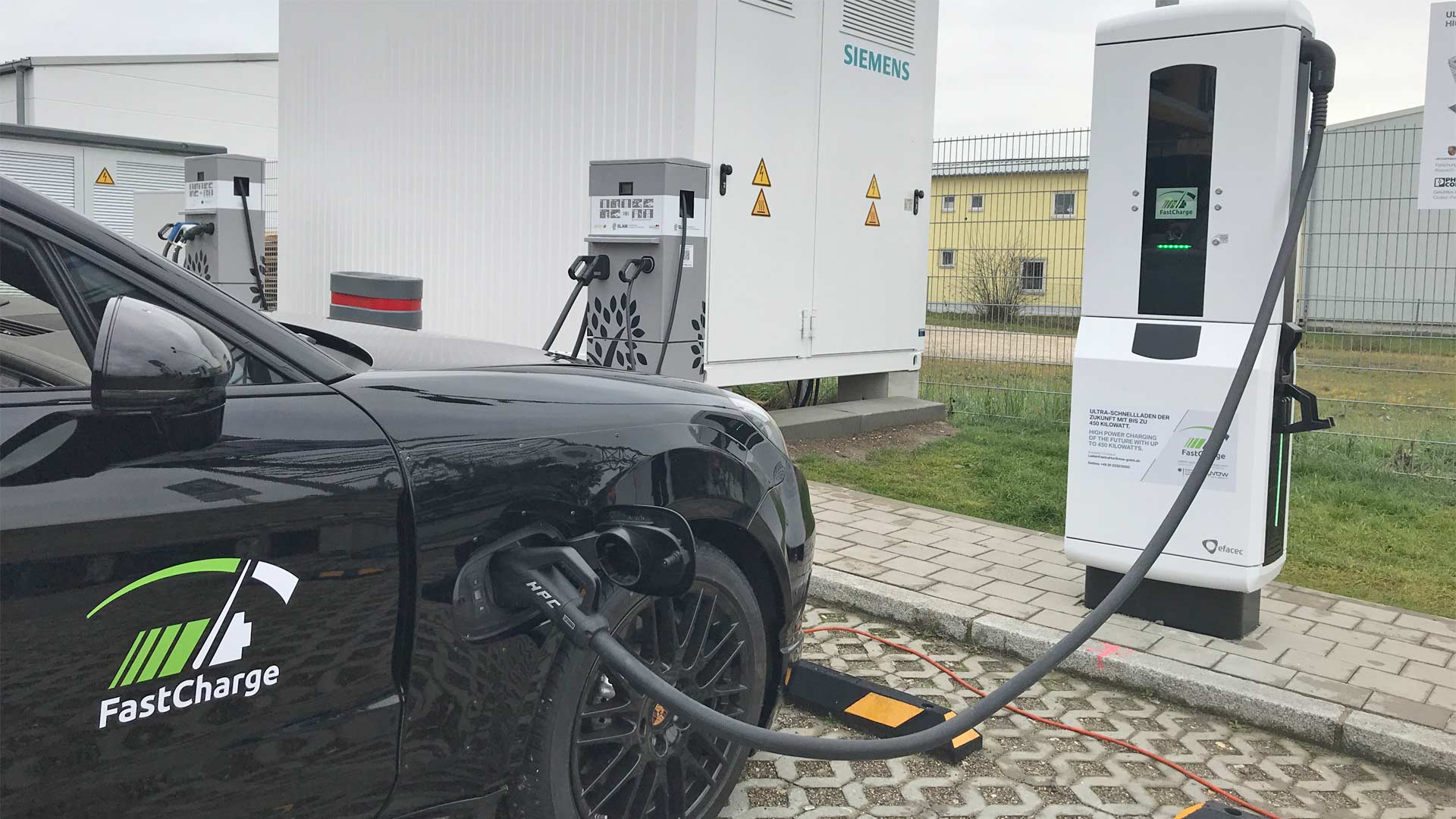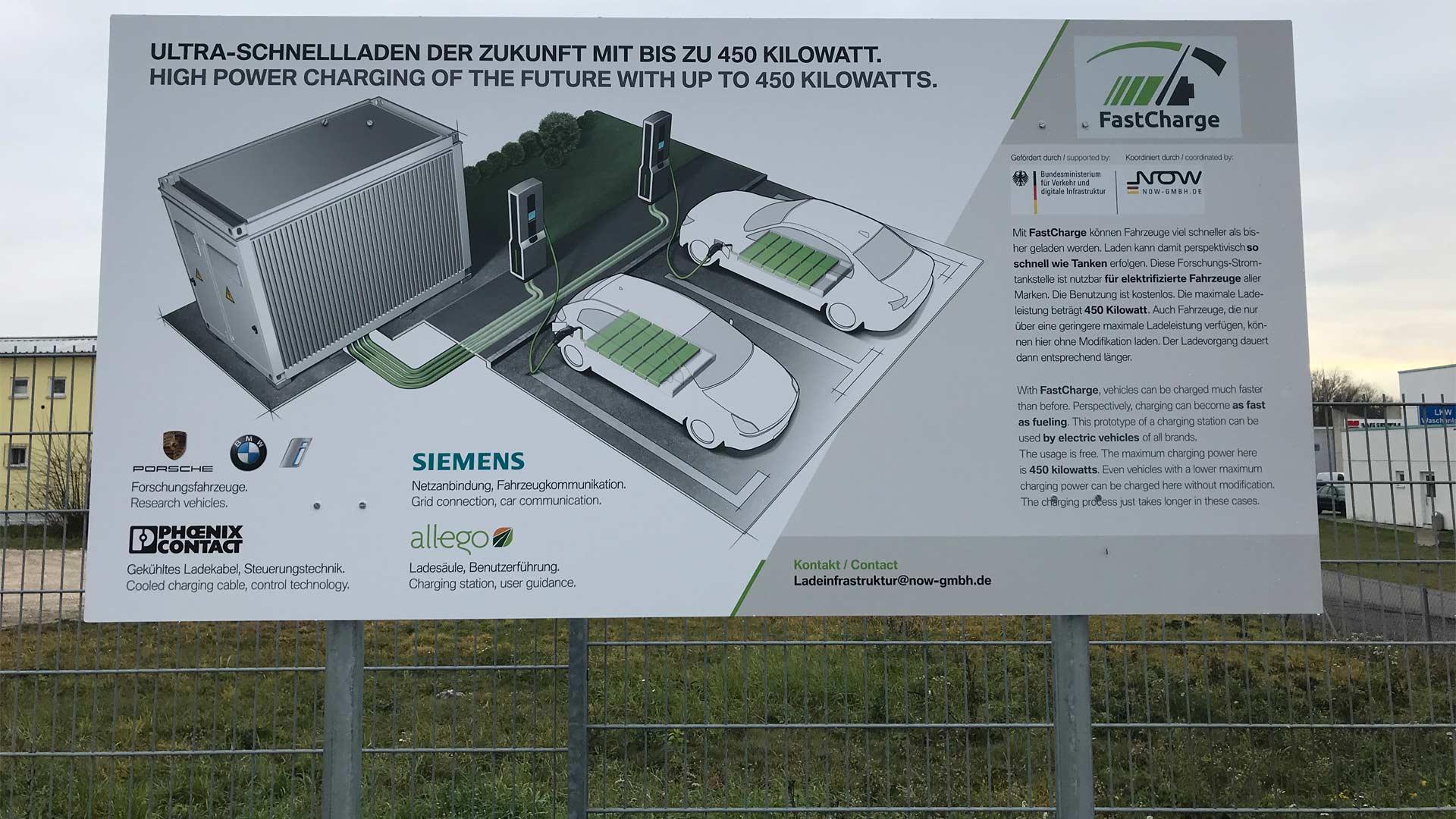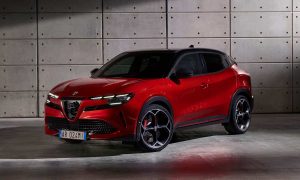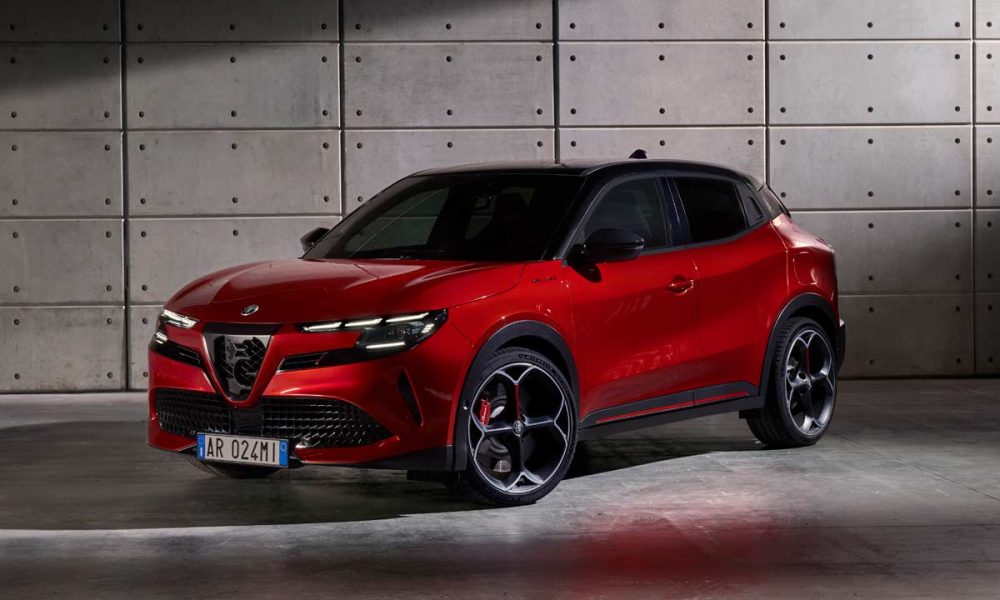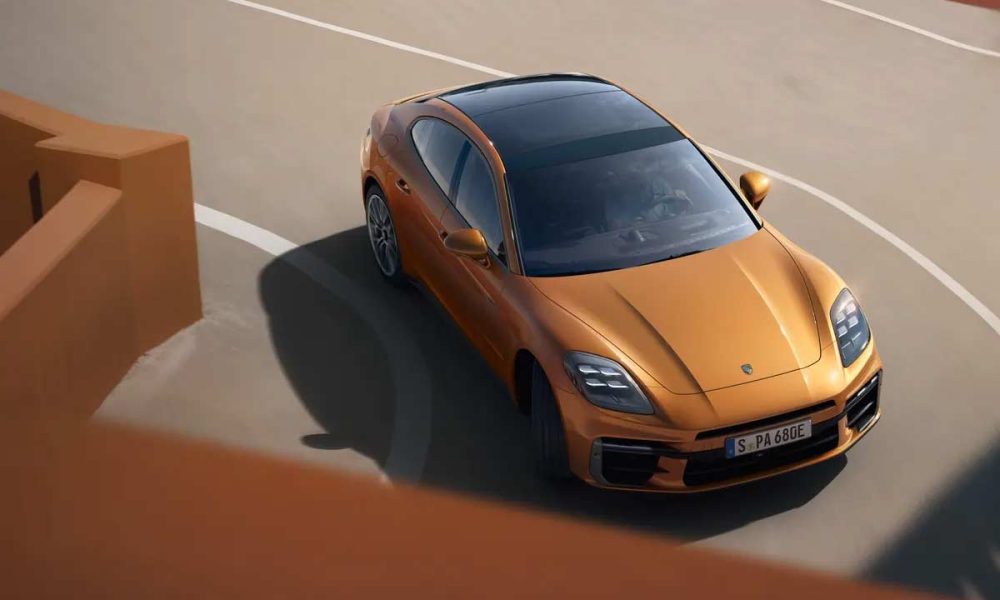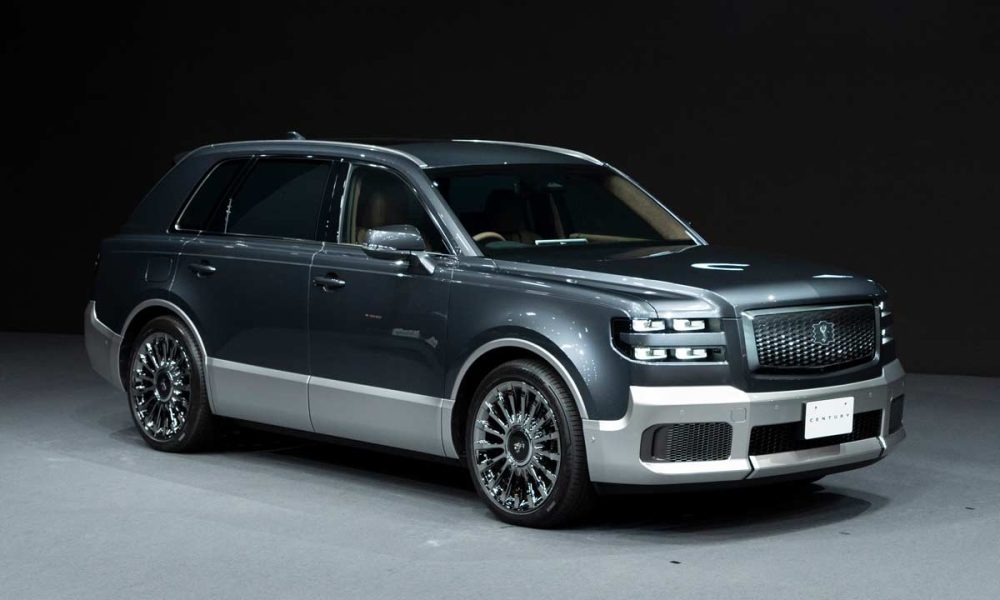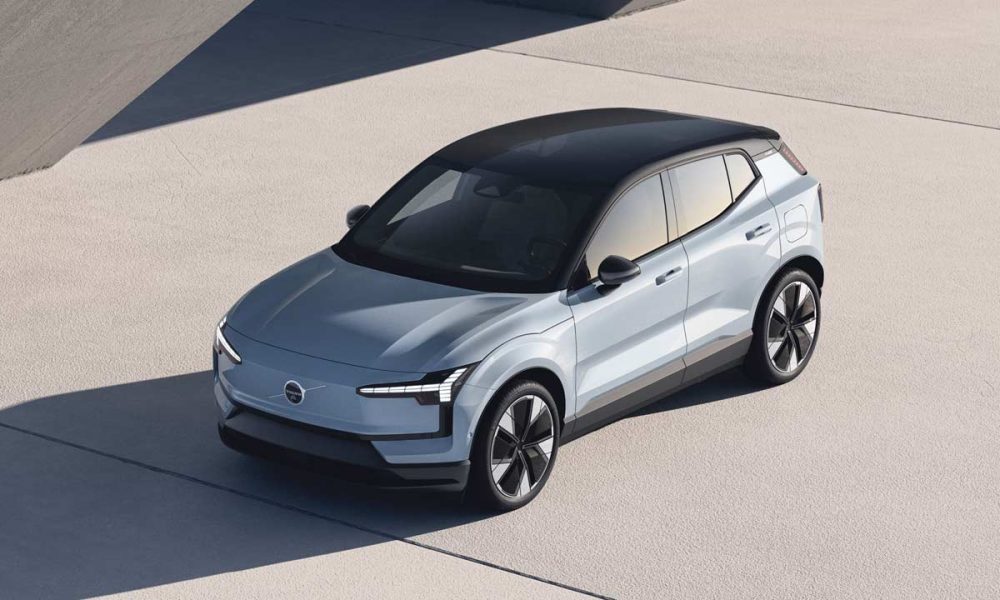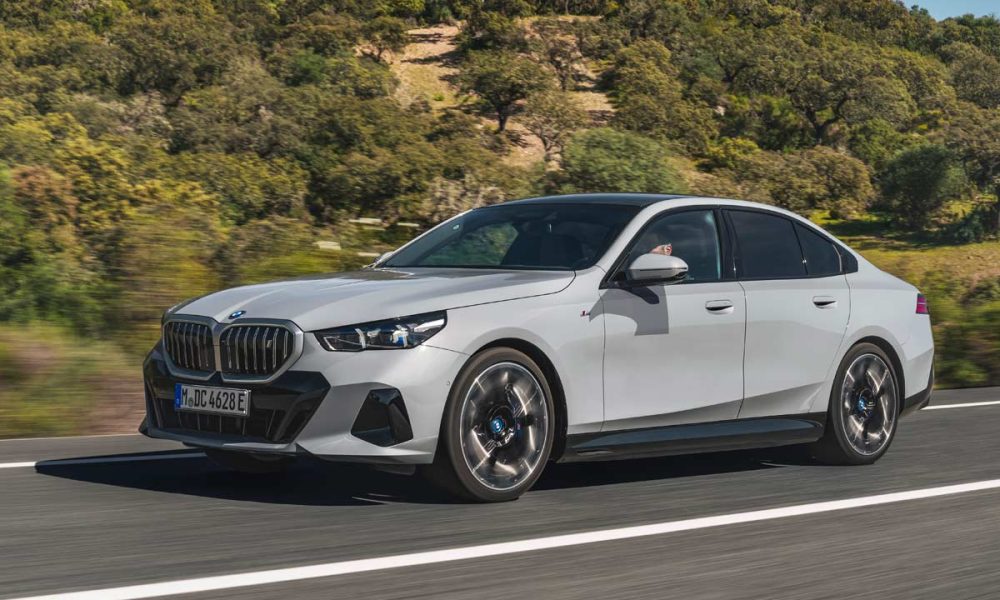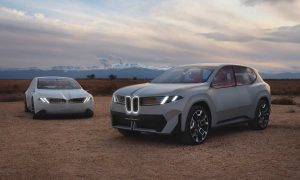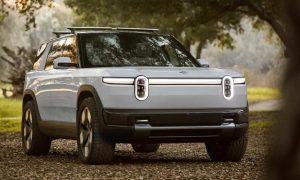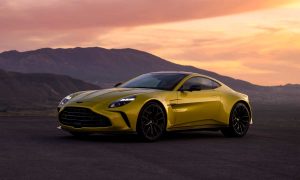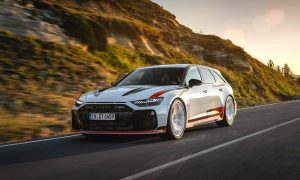As we all know, range anxiety is the x-factor that keeps many away from buying electric vehicles, especially in countries where there is barely any charging infrastructure. Although modern EVs offer good range and fast charging capability, at the end of the day, it all depends on the available infrastructure at home or in the city they live in.
A lot of us are skeptical about “fast-charging” because it is still not as fast as filling up at a gas station. However, that might change soon. There is a new prototype charging station developed by FastCharge research project, which seems to be faster than filling up at a gas station. The project has received €7.8 million funding from the German Federal Ministry of Transport and Digital Infrastructure.
The members of the project include Porsche, BMW Group and Siemens. The charging station has an output of up to 450 kW, and a Porsche research vehicle with a 90 kWh battery and 400 kW charging capacity — a first for a passenger car — was able to achieve a 100 km range of charge in less than 3 minutes. A new cooling system has been developed to control the temperature in the battery cells.
According to the project, the charging capacity of the new FastChargers is 3 to 9 times higher than what is currently possible with DC rapid-charging stations.
The charging station prototypes use the charging plug from the Combined Charging System (CCS) in the Type 2 variant that is standard for Europe. Apparently, this charging standard has already proven itself in a wide range of electrified vehicles and is used in many parts of the world. The two Jettinger charging stations are currently available for use with all CCS-enabled vehicles, free of charge.
Depending on the model of the vehicle, the new ultra-fast charging station can be used by vehicles with 400-volt and those with 800-volt battery systems. In each case, the charging capacity provided adjusts automatically to the vehicle’s maximum permitted charging capacity.

Leave a Reply
Note: Comments that are unrelated to the post above get automatically filtered into the trash bin.
